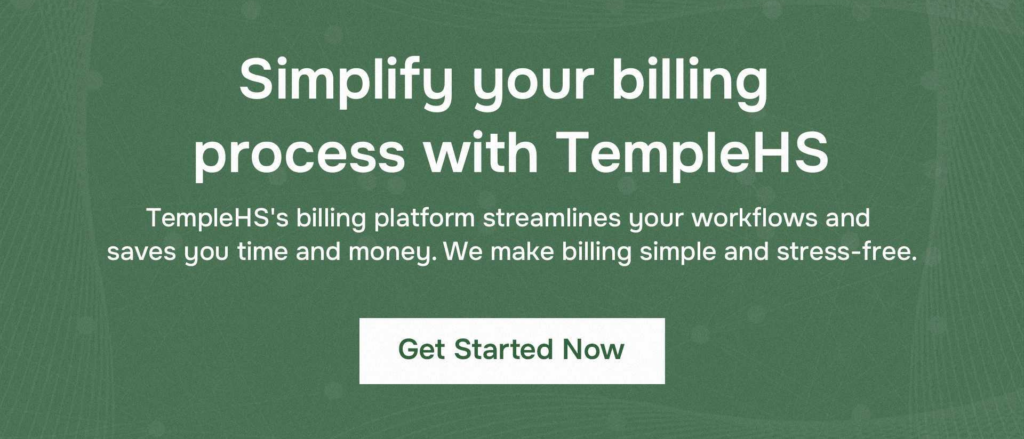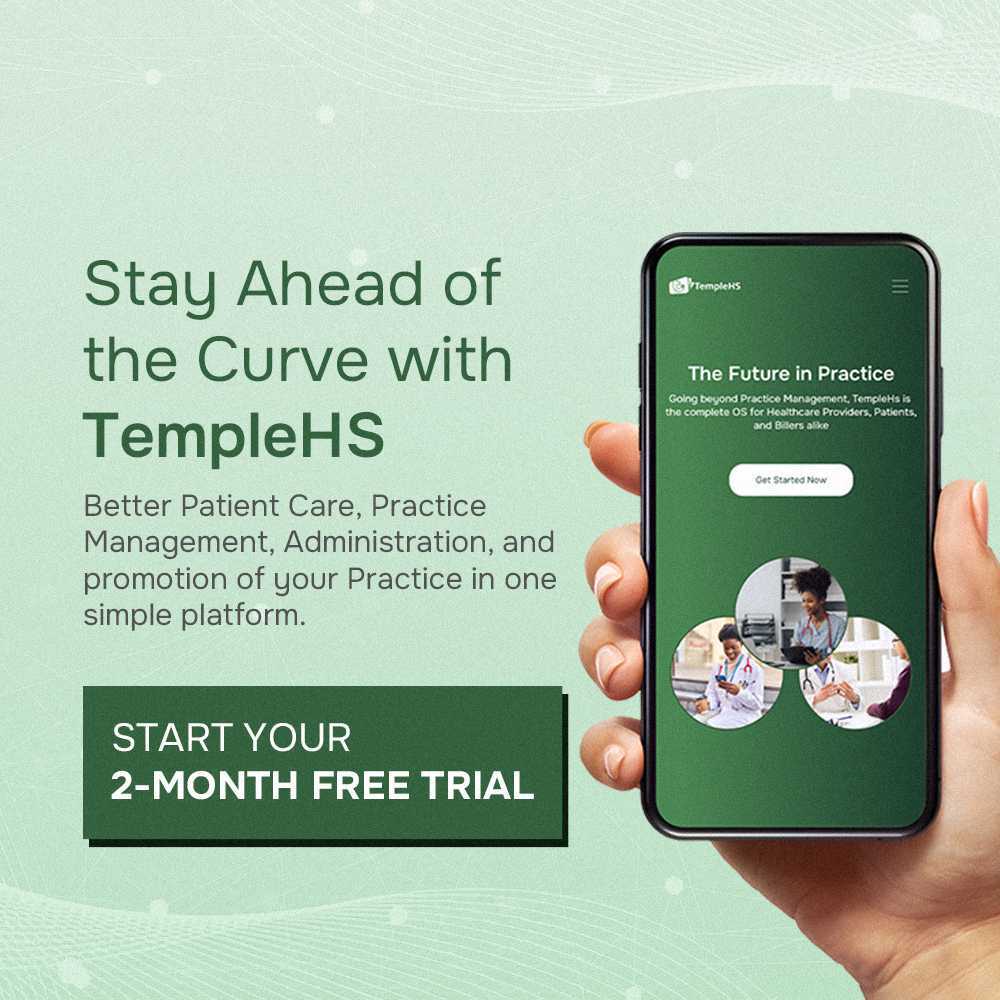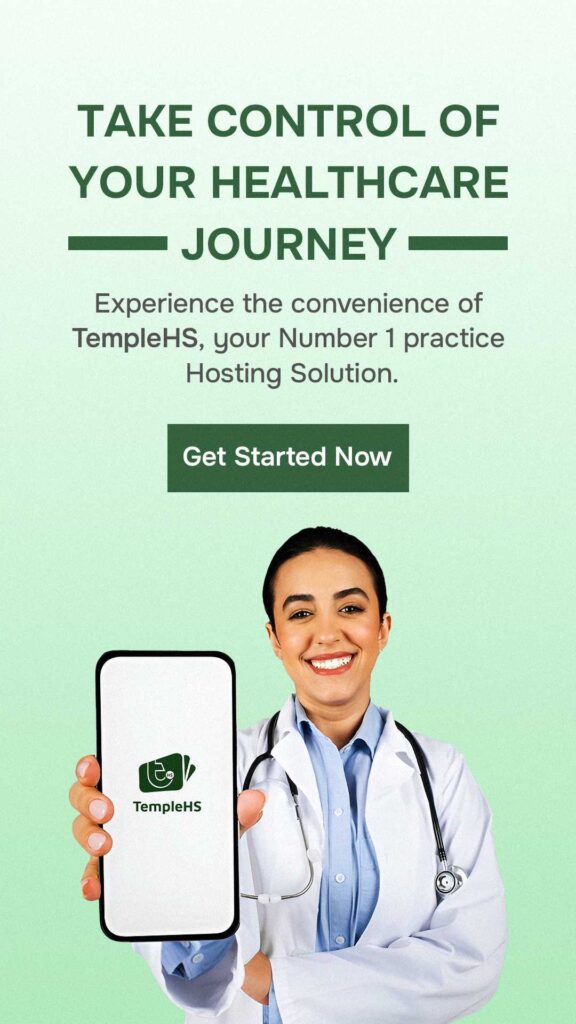In our everyday lives, we often run by a schedule to keep things on track. Similarly, in the healthcare sector, scheduling is a key cog that ensures operations run seamlessly. Among the most critical aspects of this scheduling is patient appointment scheduling. This is the designated time slot during which a patient can meet with a healthcare professional for consultation, treatment, or follow-up.
The essence of appointment scheduling goes beyond just a well-organized calendar; it’s about ensuring that patients receive timely care, doctors can manage their workload effectively, and the healthcare facility operates efficiently.
In this post, we will explore the critical importance of patient appointment scheduling and how it underpins a well-functioning healthcare setup, thus showing why it is an indispensable aspect of healthcare provision.
First, What is Patient Appointment Scheduling?
Patient Appointment Scheduling is the systematic process of organizing, managing, and allocating time slots for patients to meet with healthcare professionals. This can be for consultations, treatments, diagnostic tests, follow-up visits, or any other medical procedure.
The scheduling can be done manually, using appointment books, or electronically through various software solutions designed for this purpose. Modern systems often include automated reminders, online booking tools, and the ability to manage schedules in real-time to accommodate changes and emergencies.
Why is it Important?
1. Timely Care
When healthcare providers have a structured appointment system in place, it ensures that patients are seen when they’re supposed to be. This not only reduces waiting times but, more critically, ensures that health issues are addressed in a timely manner. Delays can exacerbate certain conditions, potentially leading to more serious complications. Timely care, thus, is crucial for both patient well-being and overall public health.
2. Efficiency and Workflow
For healthcare providers, time is a valuable resource. Efficient patient appointment scheduling allows them to cater to as many patients as possible within a set timeframe. This efficiency ensures that patients don’t feel rushed during their visits, and healthcare professionals can offer comprehensive care without feeling the pressure of a backlog of waiting patients.
3. Resource Management
Healthcare institutions often juggle multiple resources, from the medical staff to equipment and examination rooms. Effective scheduling ensures that these resources are used optimally, reducing instances where rooms are empty, equipment sits unused or preventing scenarios where there’s a resource crunch.
4. Patient Satisfaction
No patient enjoys waiting, especially when they’ve made an appointment. When the scheduling system works seamlessly, patients are seen at their designated times, greatly enhancing their overall experience. This builds trust in the healthcare system and ensures that they are more likely to return for future needs.
5. Minimized No-Shows
No-shows can disrupt the flow of a medical facility and result in lost revenue. Features such as automated reminders that come with modern scheduling systems can drastically reduce the number of patients who forget or miss their slots. This ensures a smoother flow of patients and optimizes the facility’s operation.
6. Enhanced Revenue Management
From a business standpoint, effective appointment scheduling can play a key role in revenue management. By reducing overhead costs associated with idle resources and ensuring there’s a steady flow of patients, healthcare facilities can better predict and manage their revenues. Moreover, preventing situations of overbooking or underbooking ensures optimal service provision and financial health.
7. Accommodating Emergencies
Even the best-planned schedules need flexibility. Emergencies are a part of healthcare, and a well-designed appointment system will have the bandwidth to accommodate these without causing significant disruptions. This ensures that patients with urgent needs are tended to, while those with appointments still receive care in a timely fashion.
Best Practices for Patient Appointment Scheduling
1. Implement Patient Self-Scheduling
In today’s digital age, convenience is king. By implementing patient self-scheduling, healthcare providers empower patients to take control of their appointments. Patients can use a web portal, mobile app, or text messaging system to book, reschedule, or cancel their appointments without the constraints of office hours. This offers flexibility to patients and significantly reduces the administrative burden on the clinic’s staff.
2. Prioritize Appointments
Not all appointments are created equal. Some patients have urgent medical conditions that require immediate attention, while others may be due for routine follow-ups. By prioritizing appointments, healthcare providers ensure that critical cases are addressed promptly. This strategy ensures that patients receive timely care based on the severity of their condition or the urgency of their needs, optimizing the flow of patients and ensuring that critical cases don’t get lost in the shuffle.
3. Create an Automated Patient Wait List
Despite best efforts, there will be times when all appointment slots are booked. Instead of turning patients away, an automated wait list can be a lifesaver. Should there be a cancellation or rescheduling, the system can automatically notify patients on the wait list about the available slot. This maximizes the clinic’s efficiency and ensures patients don’t have to constantly call back to check for availability.
4. Confirm Appointments with Text and Email
No-shows can be a logistical and financial challenge for many healthcare practices. One effective way to reduce these is by sending appointment confirmations via text or email. A simple reminder a few days prior can prompt patients to confirm, reschedule, or cancel their appointment. This proactive approach not only minimizes gaps in the schedule but also ensures that patients remember and prioritize their healthcare appointments.
5. Use Automated Patient Outreach, Re-carer, and Recall
Engaging patients in their healthcare journey is crucial for optimal outcomes. Automated systems can play a pivotal role in reminding patients about their upcoming care appointments, required tests, or follow-ups. By setting up a system that automatically reaches out to patients for their regular care needs, healthcare providers can foster better patient compliance, ensure continuity of care, and enhance overall health outcomes.
Conclusion
Scheduling patient appointments efficiently is more than just about being organized. It ensures that patients get the timely care they need, reduces waiting times, and allows medical staff to manage their workload. For a healthcare system to operate smoothly, placing importance on accurate and effective appointment scheduling is paramount. By doing so, we create a better experience for everyone involved.



